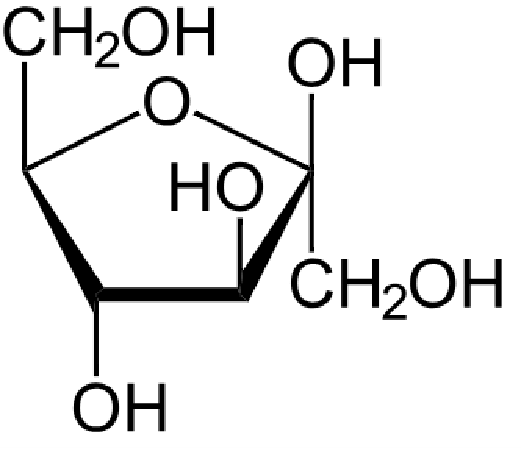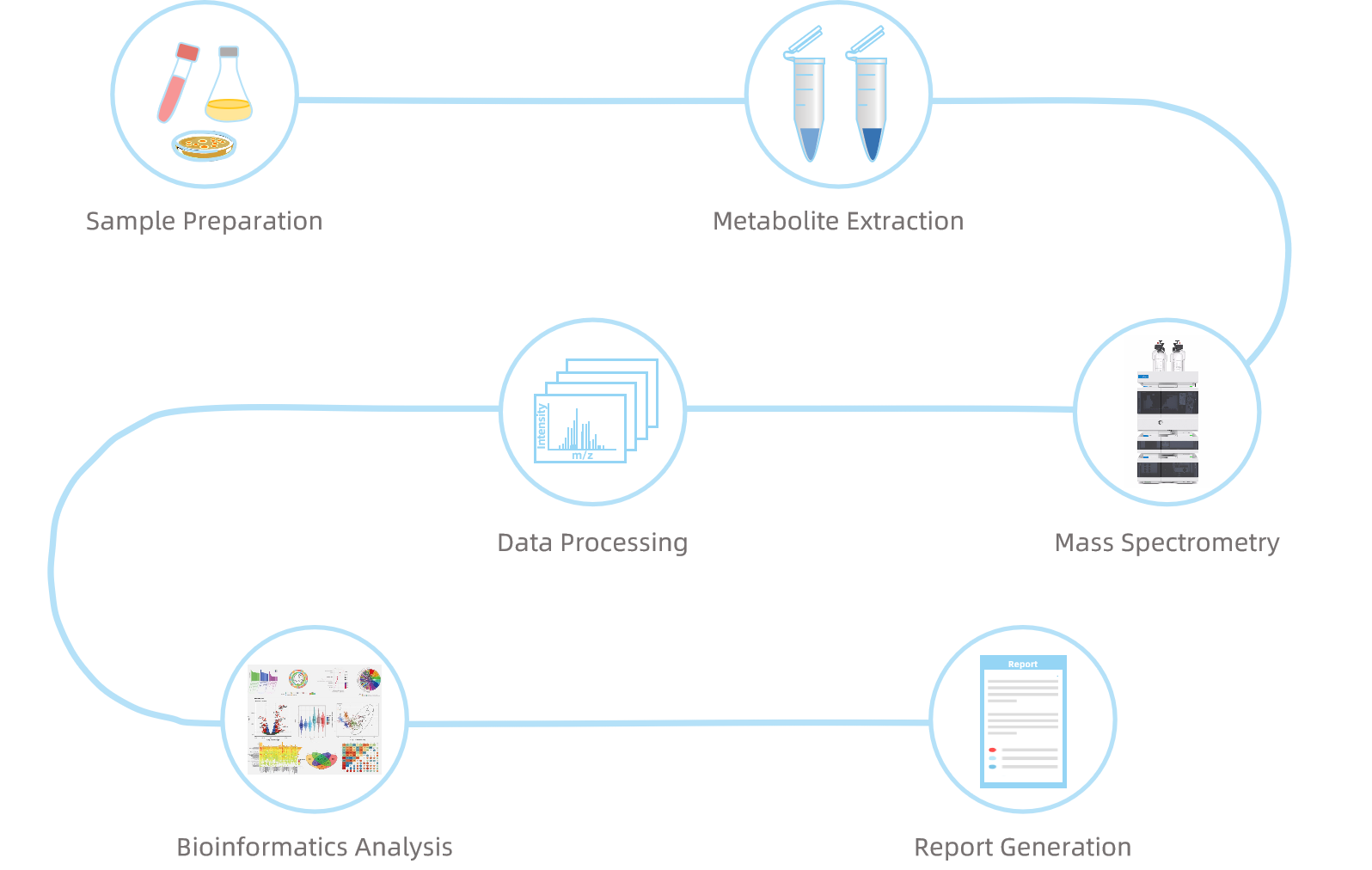Fructose Analysis Service
- Highly Efficient Sample Recovery and Processing
- Accurate and Reliable Detection and Quantification
- Capability to Handle Various Sample Types
- Customized Data Analysis Services
- Rapid Service Response and Cost-Effectiveness
- Nutritional research
- Food and beverage industry
- Pharmaceutical research
- Disease diagnosis and prognosis
- Animal tissue ≥ 100 mg
- Plant tissue ≥ 200 mg
- Serum/ Plasma ≥ 200 μL
- Urine ≥ 2 mL
Fructose, a simple monosaccharide, plays a significant role in human metabolism. Structurally, it is a hexose sugar with a ketone functional group, often referred to as a "ketohexose." Fructose naturally occurs in a wide range of foods, including fruits, honey, and some vegetables, and is commonly used in the form of high-fructose corn syrup in many processed foods. Its unique sweetness, surpassing that of glucose and sucrose, makes it a popular choice in the food industry. Metabolically, fructose is primarily metabolized in the liver, where it is converted into glucose, lactate, and fatty acids, affecting energy storage and regulation.

Figure 1. The Structure of Fructose
Research on fructose has expanded significantly over the past decades due to growing concerns regarding its potential health impacts. Excessive fructose consumption has been linked to metabolic disorders such as insulin resistance, obesity, type 2 diabetes, and non-alcoholic fatty liver disease (NAFLD). Studies have shown that fructose is metabolized differently from glucose, bypassing certain regulatory steps that control blood sugar levels. This unregulated pathway contributes to lipogenesis and can lead to the accumulation of fat in the liver and other tissues. As a result, understanding fructose metabolism and its effects on human health has become a critical area of research.
Given the increasing consumption of fructose in modern diets and its associated health risks, comprehensive analysis of fructose levels in biological samples, food products, and metabolic studies is essential. Accurate fructose analysis is crucial for investigating its role in metabolic pathways, assessing dietary intake, and understanding its contribution to various metabolic diseases.
At MtoZ Biolabs, we offer a cutting-edge Fructose Analysis Service, utilizing advanced liquid chromatography-mass spectrometry (LC-MS) techniques to provide precise quantification and profiling of fructose in diverse sample types, supporting research in nutrition, health, and disease.
Analysis Workflow

Service Advantages
Applications
Fructose analysis has a wide range of applications, including:
Sample Submission Requirements
1. Sample Types
Serum, plasma, urine, tissues, and other biological samples.
2. Sample Volume
3. Storage and Shipping
Samples should be stored at -80℃ and shipped with dry ice.
Note: Please provide details on sample collection and handling.
Deliverables
1. Experimental Procedures
2. Relevant Liquid Chromatography and Mass Spectrometry Parameters
3. Detailed Information on Fructose
4. Raw Data
5. Custom Analysis Report
For more information about our Fructose Analysis Service, please do not hesitate to contact our customer service. At MtoZ Biolabs, we are committed to providing high-quality, professional, and reliable services to meet your research needs.
How to order?







